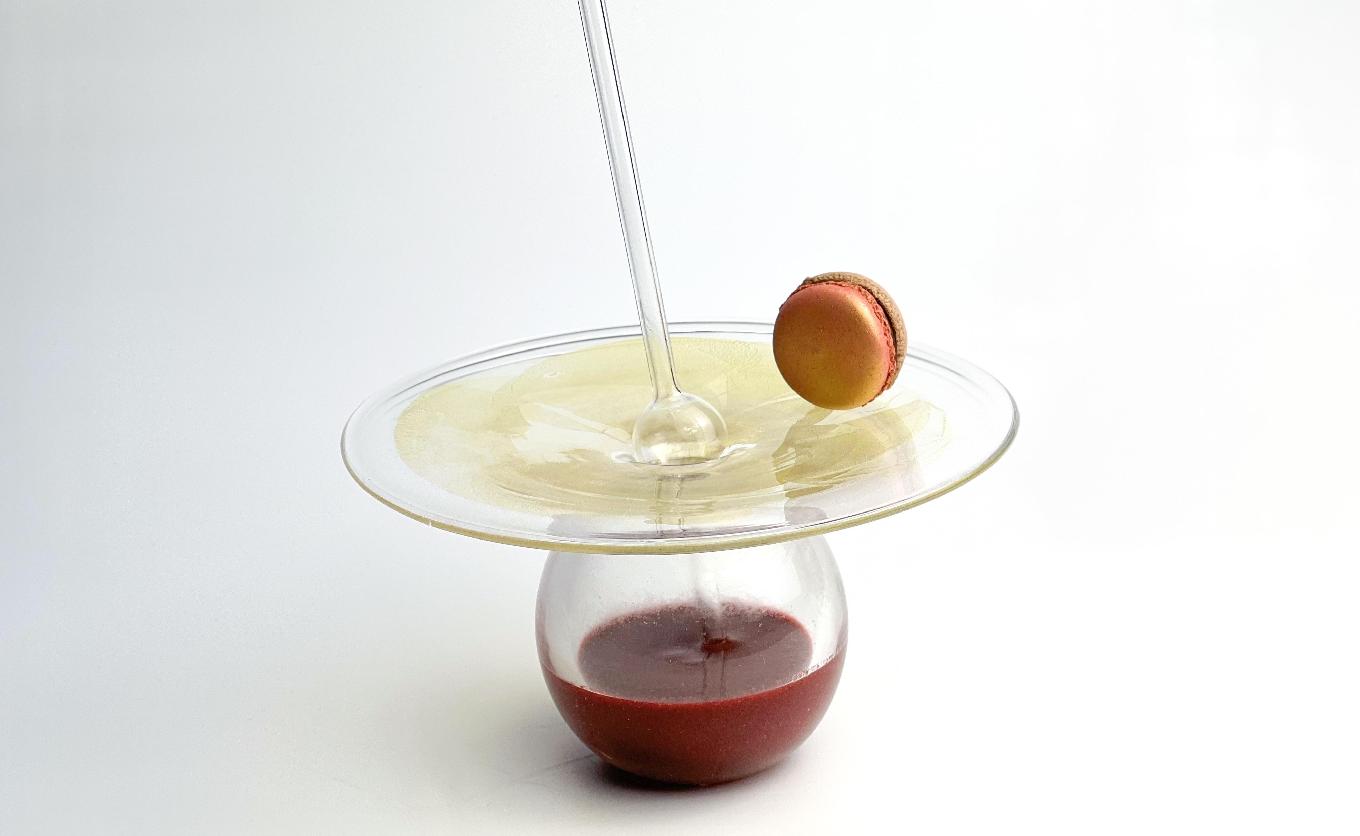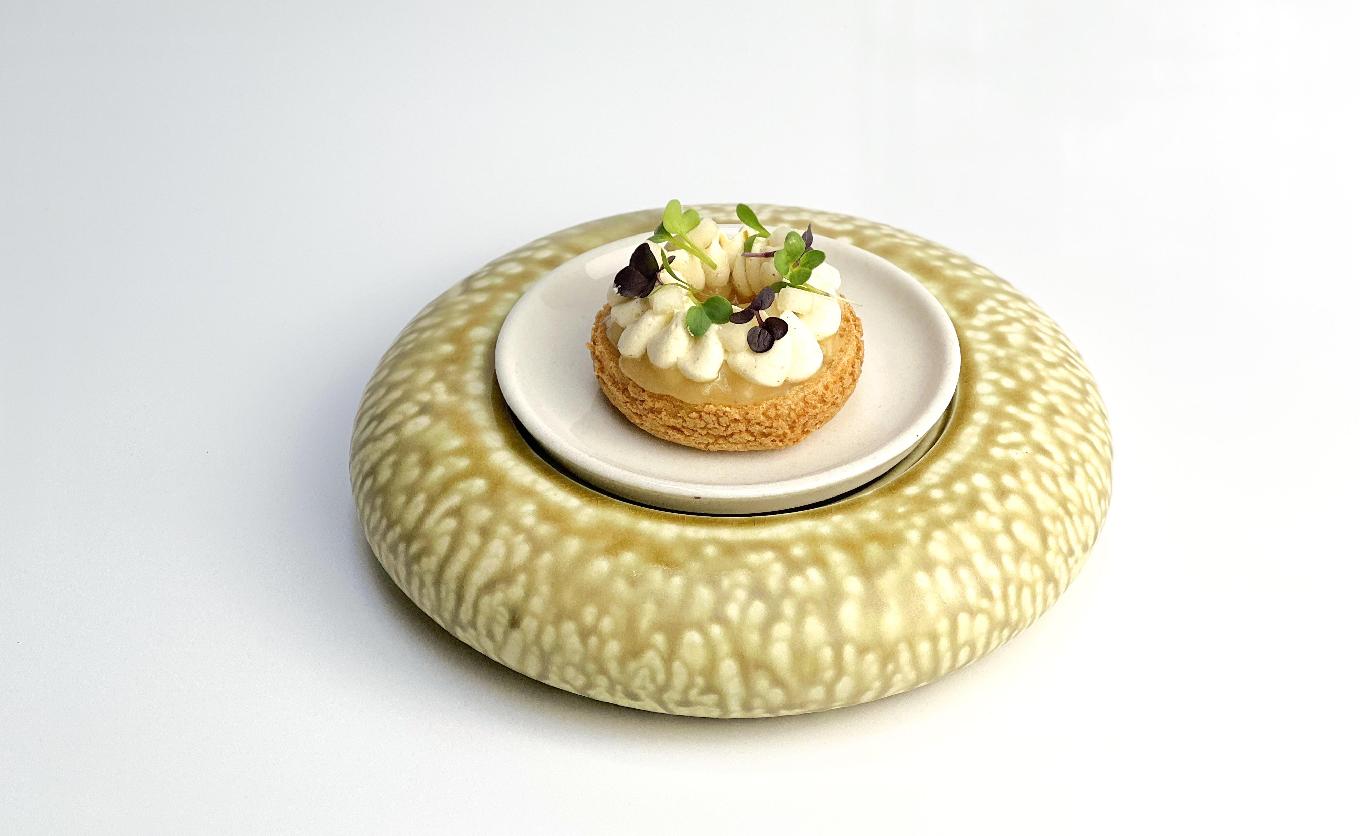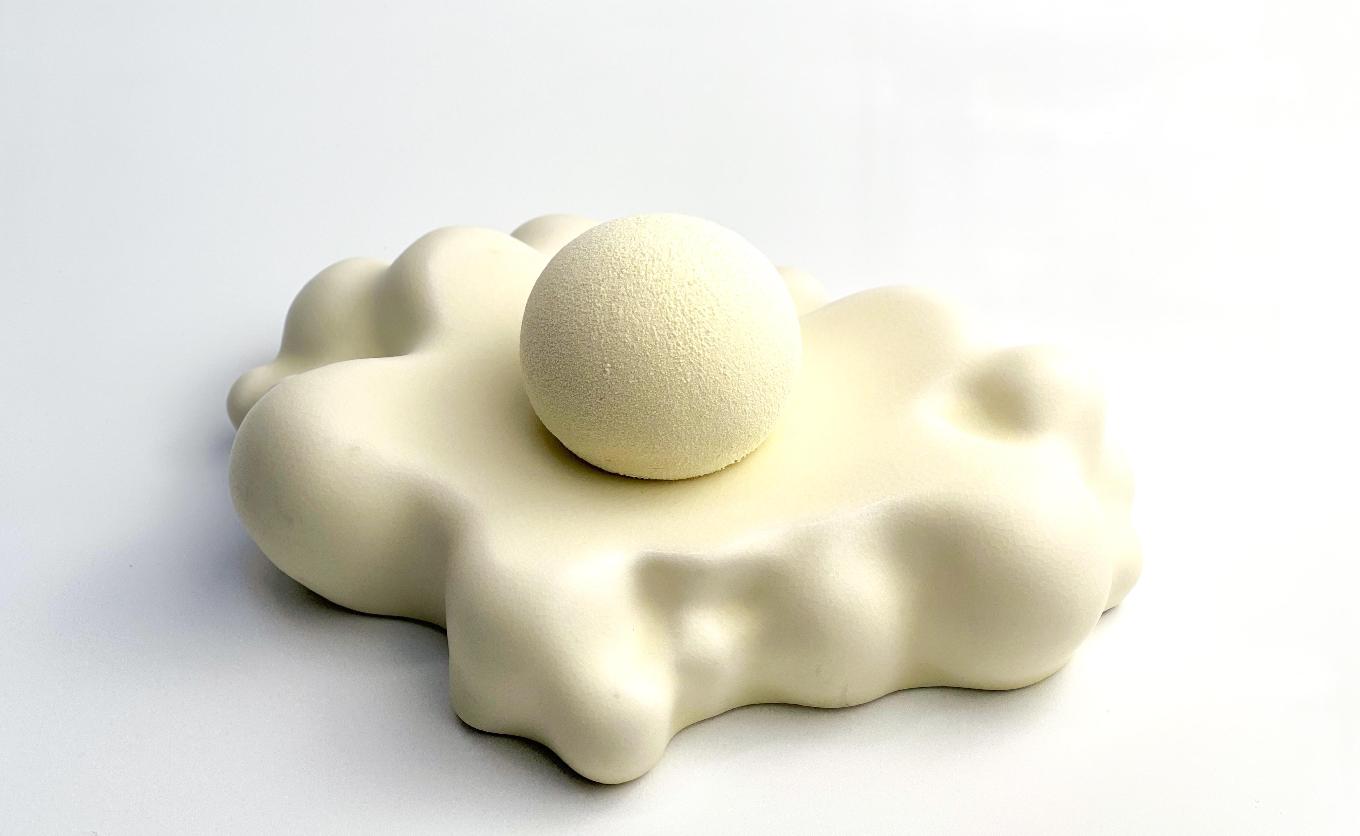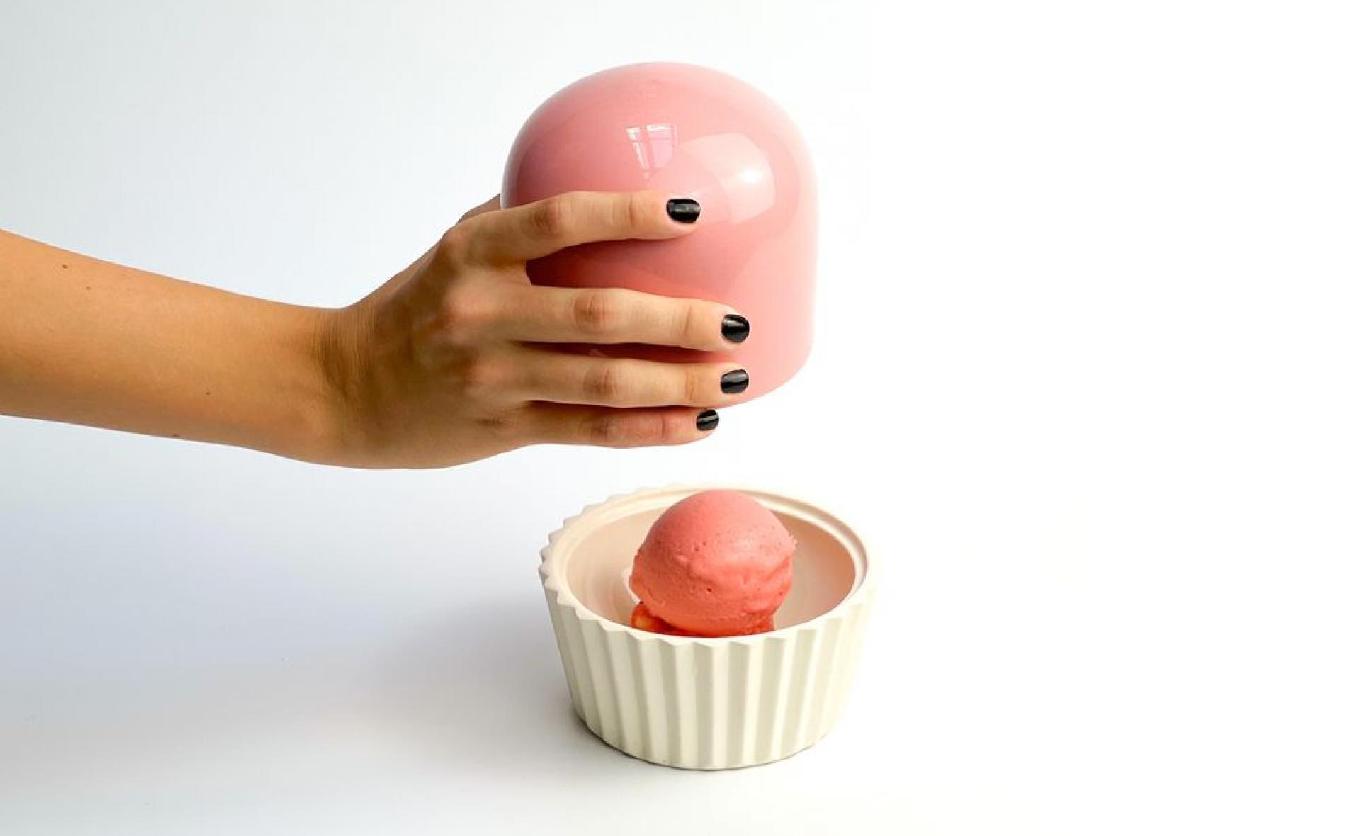10 Treurenberg, 1000 Brussels
As part of the Design September 2024, discover material studies and material-oriented design object by students of MOME!
The Moholy-Nagy University of Art and Design (MOME) is home to world-class education, research and innovation, harnessing creativity to shape a future centered around people. The MOME believes design is a complex artistic activity impacting various areas of economy and culture in multiple ways. This influence is evident in the everyday objects designer-makers create to provide responsible and sustainable responses to address social and environmental challenges and needs, irrespective of the material used.
During the Designer-Maker course, the students apply their practical knowledge of materials in a variety of contexts, from experimenting with materials to making creating autonomous works of art. Building on the strengths of the former Ceramic Design, Jewellery and Metal Design programmes, a new educational structure has been developed which allows students from different specialisations to engage in a research-focused and project-oriented curriculum. The modules of the new programme guide students in navigating the opportunities within a design career. They can choose between Functional and Autonomous design assignments, all of which are centred around exploring and experimenting with different materials.
The head of the Designer-Maker programme is headed by Angéla Góg DLA.
FUNCTIONAL DESIGN
APPLIED AND FUNCTIONALIST DESIGN WITH A FOCUS ON PROBLEMSOLVING
Through the tasks of the Functional Design module, students work according to a specific brief to explore a problem, conduct research, and answer research questions. Each semester, new topics and issues are explored to help students become responsible professionals who are skilled in project-based design and also have the ability to co-create with other internal and external actors.
The design assignments are designed to encourage experimentation and free thinking so that students can create objects relying on their knowledge of the field and materials.
Gastronomy provides a rich playground for exploring our past options and sketching alternatives for the future. What insights can we glean from collective memory, and how can we revive traditions today by presenting traditional desserts on contemporary ceramic plates? The Gerbeaud Legacy workshop, the latest collaboration between Onyx Workshop and MOME sought to answer these questions.
A Gerbaud Legacy workshop vezetője Góg Angéla DLA.
The Gerbeaud Legacy workshop was led by Angéla Góg DLA.
EXHIBITORS
Anna Budaházy: Rigó Jancsi
Ceramic Design / Design Institute
Dóra Szilágyi: Cream puff
Ceramic Design / Design Institute
Csenge Anna Berkes: Serving set for chocolate
Ceramic Design / Design Institute
Ingrid Válint: Eszterházy cake
Ceramic Design / Design Institute
Melinda Doktor: Brandy cherry chocolates
Ceramic Design / Design Institute
József Kovács: Dobos cake
Ceramic Design / Design Institute
Martina Kovács: Diplomat pudding
Ceramic Design / Design Institute
Lea Anna Szolnoki: Gerbeaud petit four
Ceramic Design / Design Institute
Dorottya Vértessy: Mignon
Ceramic Design / Design Institute
AUTONOMOUS ART
METHODS OF SELF-EXPRESSION AND DIRECTIONS OF AUTONOMOUS ART
The Autonomous Art Design module takes students on a task-based journey of self-discovery that spans the entire programme. The design tasks focus on the relationship between various materials, objects, and the body through the analysis of personal items with the means of self-expression and self-awareness, and the fostering of an artistic mindset and a critical approach.
The goal is to analyse the relationship between objects and humans, more precisely, between the human body, the objects we use, and their environment, as well as to reflect on current social and artistic trends.
The Autonomous Art module is led by jewellery designer Flóra Vági.
EXHIBITORS
Luca Virág Boncz: My mother chided me for it
Jewellery and Metal Design / Design Institute
Luca Virág Boncz: I am looking for the word, but I can’t find anything
Jewellery and Metal Desing / Design Institute
Luca Virág Boncz: I am not angry with the acacia tree
Jewellery and Metal Desing / Design Institute
Judit Jeney: Hair Memory
Jewellery and Metal Desing / Design Institute
Sára Szeredi: Animall-in
Jewellery and Metal Desing / Design Institute
Antal Zilahi: Mirror Error
Jewellery and Metal Desing / Design Institute
Antal Zilahi: Touch
Jewellery and Metal Desing / Design Institute
MATERIAL-ORIENTED MINDSET
MATERIAL RESEARCH, EXPERIMENTAL STUDIES
One of the basic pillars of sustainable craft making is the introduction of the Material-Oriented Mindset module. The methodology of design helps deepen students’ understanding of materials. The aim of the design assignments, each building on the previous one, is for the students to gain, by the end of the course, an understanding of a wide spectrum of materials and how to work with them. In this design approach, extensive exploration of raw materials (both those that are well-known and those with untapped potential) is intertwined with the process of object creation.
In the Compo course students can gain both theoretical and practical knowledge on material experimentation, which is essential for any responsible designer.
The Material-Oriented Mindset module is led by material researcher Apol Temesi DLA.
EXHIBITORS
Aranka Adelina Vass: Aerated concrete
Designer Maker / Design Institute
Jázmin Zsurbej: Sawdust
Product Design / Design Institute
Borbála Tóth: Plasterboard
Architecture / Institute of Architecture
Dóra Tarcsi: Brick
Product Design / Design Institute
Lilla Sárközi: Ceramic Roof Tiles
Product Design / Design Institute




